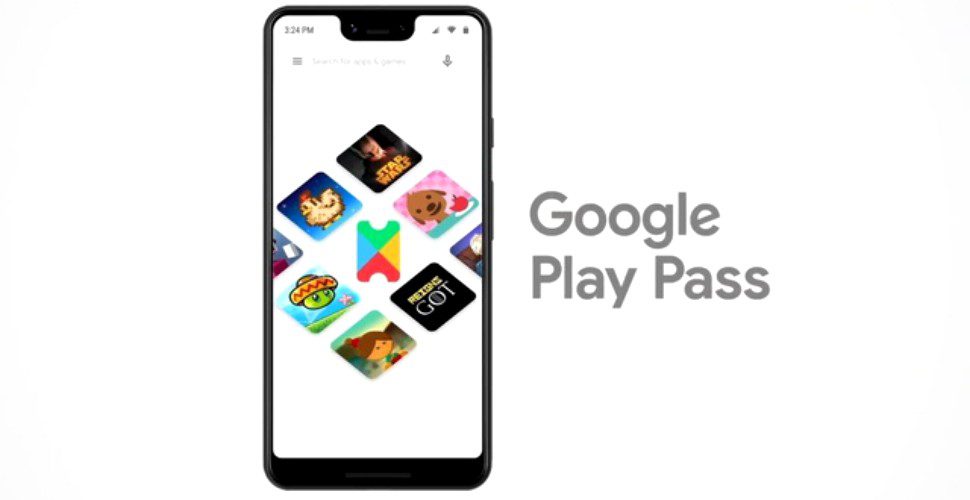We live in an age where subscription-based services are governing the world around us, especially in the digital realm. It is often very hard to make a choice, particularly when it comes to mobile gaming.
Two of the most popular such services are Google Play Pass and Apple Arcade.
Let’s see what does each of them has to offer!
Play Pass
Play Pass is Google’s offer which was introduced in September 2019. It provides access to hundreds of exclusive games and apps for subscribers and removes all ads.
It offers a monthly package or a yearly subscription, with the option to choose.
Apple Arcade
Apple Arcade is a very similar service, also released in September 2019. The main difference from Google Pass is that it features numerous unique games, some made particularly for Apple Arcade, which is enough to make some people hop on board the Apple Arcade train.
It is also available via a monthly or yearly subscription.
Pricing
When it comes to such services, prices can often dictate decision-making.
Play Pass is available for $4.99 monthly and $29.99 yearly, while access to Apple Arcade can be obtained for $4.99 monthly or $49.99 yearly.
When you take into account the monthly price alone, Apple Arcade is obviously the better choice as it costs the same as Google Pass but offers more exclusives.
Availability And Diversity
Both services can be run on their native devices, meaning that you can run them on both iOS and Android devices.
However, if you want to run Apple Arcade on an external TV, you must purchase some extra hardware (Apple TV).
As per the game library, the Play Pass features 800 games and apps, while Apple Arcade has a little over 210 games.
Conclusion
It wouldn’t be fair to declare one as a winner, as each has its advantages and disadvantages.
We suggest looking into the libraries of both services and see which one has a title that interests you.
You can also try both for one month as they have a similar price.












Leave a Reply